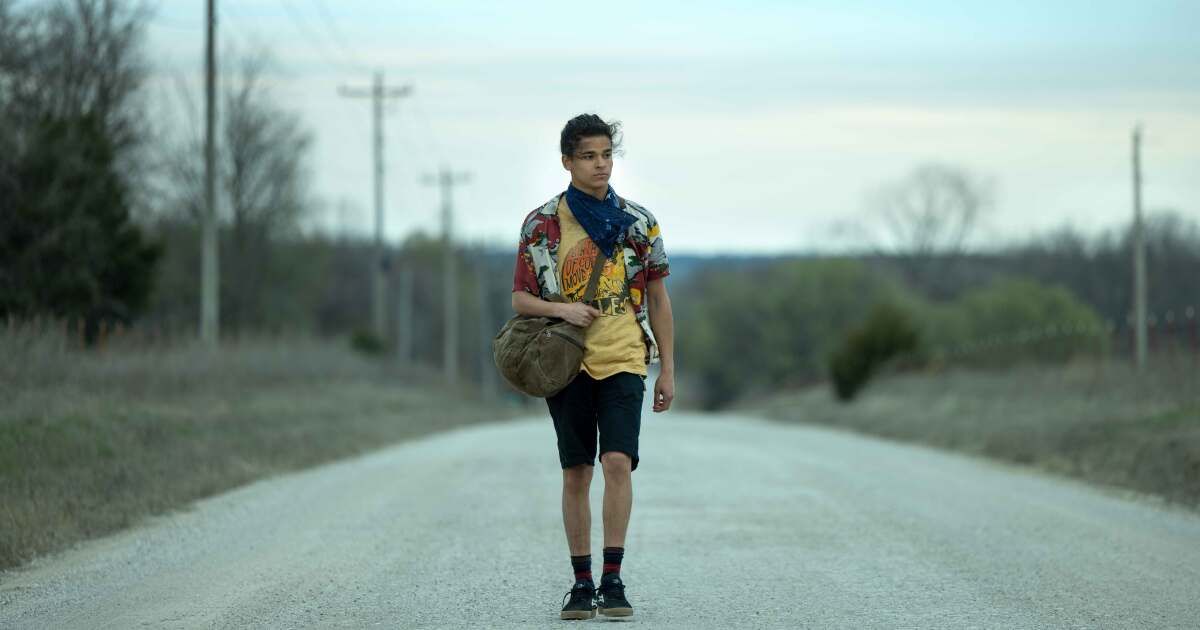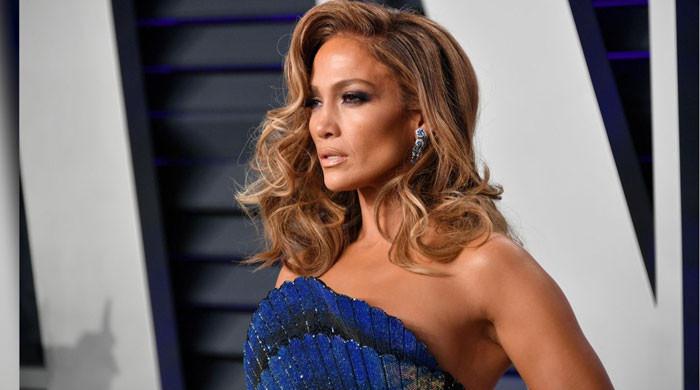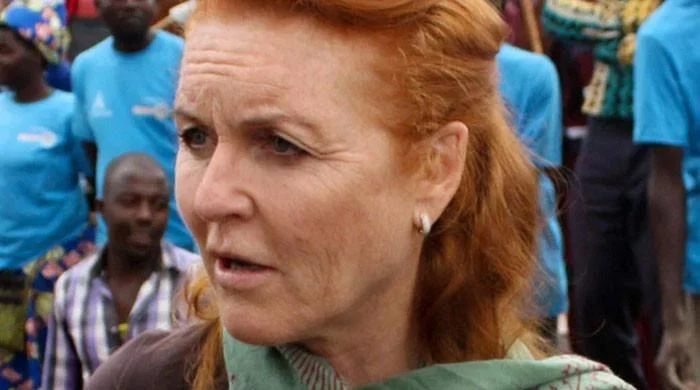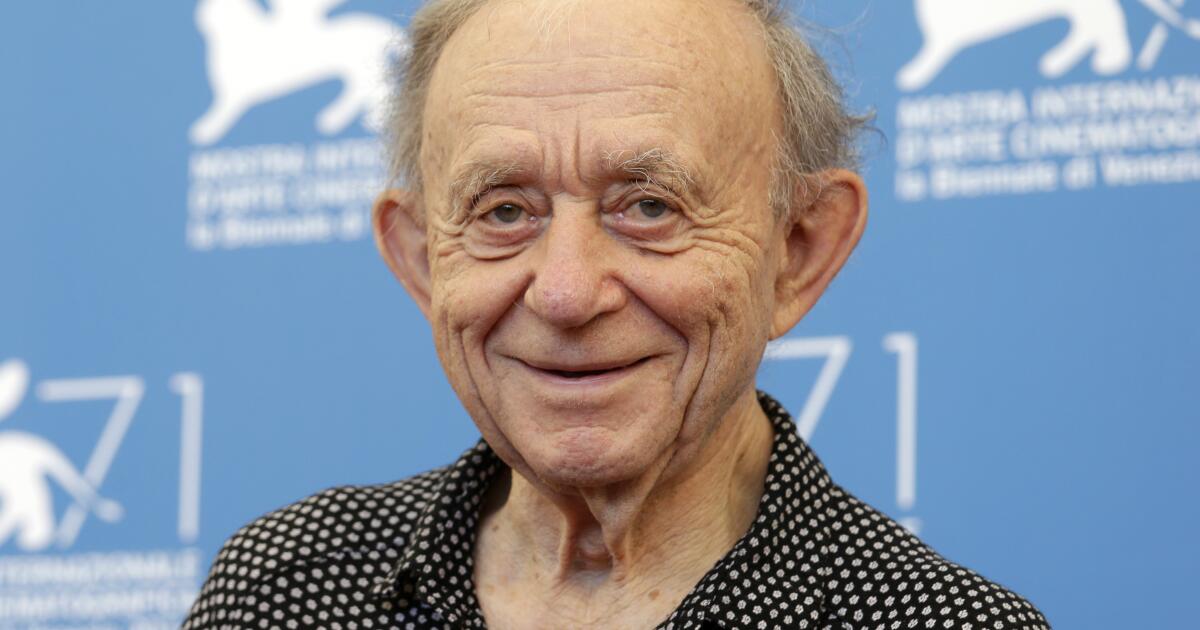After a wave of Native stories garnered critical praise and fan admiration in recent years, the Television Academy joined the chorus with Wednesday’s Emmy nominations.
“Reservation Dogs,” an FX series about the lives of four Native American teenagers on an Oklahoma reservation, received its first nomination in the comedy series category for its third and final season, which concluded last September. Created by Sterlin Harjo (a member of the Seminole nation of Muscogee descent) and Taika Waititi (Māori on his father’s side), the series distinguished itself not only for its cast of Indigenous actors but also for its Indigenous writers, directors and production crew.
Among them, D'Pharaoh Woon-A-Tai was nominated for best lead actor in a comedy series. The Guyanese and First Nations Oji-Cree actor played Bear Smallhill, a sort of leader of the group of friends. “Reservation Dogs” also received nominations for best photography and editing; previously, the series had been nominated only once, for best sound editing.
“People crave different stories, people crave new and fresh stories, people crave new faces and [they] “We are keen to give people opportunities to tell their stories from their perspective,” Harjo told The Times hours after the nominations were announced.
She added that the remarkable number of nominations for indigenous artists “should be very encouraging for everyone who is thinking about entering the world of film and television. Now is the time. We are here, we are keeping the door open, so come on in.”
“True Detective: Night Country” star Kali Reis, of Cape Verdean and Native American descent and a member of the Seaconke Wampanoag tribe, earned a nomination for best supporting actress in a limited series or television movie for her performance opposite Jodie Foster in the fourth season of the popular HBO anthology series.
Reis, a former boxer, plays state trooper Evangeline Navarro, who teams up with Foster's grizzled police chief to investigate the mysterious deaths of a group of research scientists against the backdrop of resource exploitation and Alaska's Native peoples in the Arctic Circle.
“True Detective: Night Country” also earned a nod in the limited series category, with 19 total nominations including best actress for Foster and best supporting actor for John Hawkes, as well as best writing and best directing.
“They can give us space to make our own decisions and they don’t have to be afraid to ‘take risks,’” Reis told The Times on Wednesday, when asked what he hopes industry decision-makers will learn from this moment.
“It’s not about taking a risk to do the right thing. That’s what I hope they see. It’s not about saying, ‘We’re going to take a risk.’ It’s not a risk; they’ve been taking a risk trying to say our Stories for usor assuming or distorting the stories all this time… The risk is assuming and having these assumptions, trying to be a spokesperson for ourselves and being so afraid to tell the truth.”
Reis will compete in the same category against Lily Gladstone, who plays a police officer in British Columbia investigating the disappearance of a teenage girl in Hulu’s “Under the Bridge.” Gladstone, who is of Blackfeet and Nez Perce descent, made Oscar history earlier this year as the first Native American to be nominated for best lead actress for her performance in “Killers of the Flower Moon.”
The wins appear to be the first nominations for Native American women in the Emmys’ main acting categories, and the nomination for “Reservation Dogs” is the first for a Native American-focused show or comedy, drama or miniseries. (“HBO’s Bury My Heart at Wounded Knee” won in the made-for-TV movie category in 2007 and earned a best supporting actor nomination for August Schellenberg, who was of Mohawk descent.)
A representative for the Television Academy could not confirm these historic early milestones to the Times, saying in an email: “The Academy has never required Emmy entrants to identify themselves based on their ethnicity, race, gender or cultural background, and for membership records, this type of self-identification has always been voluntary, so we are unable to accurately verify these types of historic precedents.”
Television editor Maira Garcia and senior television writer Yvonne Villarreal contributed to this report.












